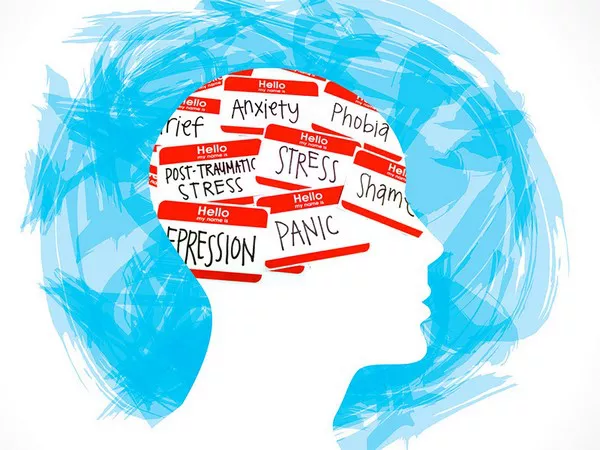A recent study led by the University of Michigan has uncovered a significant bidirectional relationship between chronic diabetes complications and mental health disorders. The findings, published in Diabetes Care, indicate that not only does having chronic complications from diabetes increase the risk of developing mental health issues, but having a mental health condition also heightens the risk of experiencing severe diabetes complications.
Key Findings
Increased Risk for Mental Health Conditions: Individuals with chronic diabetes complications were found to be up to three times more likely to develop mental health disorders such as anxiety or depression. This risk was notably higher in older adults.
Elevated Risk for Diabetes Complications: Conversely, people with mental health disorders were up to 2.5 times more likely to experience persistent diabetes complications.
Age-Related Variances: For those under 60, type 1 diabetes was more closely associated with chronic complications, while type 2 diabetes was more linked to mental health challenges.
Dr. Brian Callaghan, senior author and the Eva L. Feldman, M.D., Ph.D., Professor of Neurology at the University of Michigan Medical School, remarked, “Our findings underscore the dual impact of chronic complications and mental health conditions on each other. This emphasizes the need for integrated care approaches that address both aspects.”
Potential Mechanisms and Risk Factors
Direct Effects: Diabetes complications, such as stroke, can have direct adverse effects on the brain, potentially leading to mental health issues like depression.
Impact on Self-Management: Mental health conditions can negatively affect an individual’s ability to manage their diabetes, leading to poor glycemic control and increased risk of complications.
Shared Risk Factors: Common risk factors such as obesity, glycemic control issues, and social determinants of health contribute to both diabetes complications and mental health disorders.
Maya Watanabe, M.S., the study’s first author, noted, “The relationship between diabetes complications and mental health conditions is likely driven by a mix of direct effects, indirect effects, and shared risk factors. Addressing these common risk factors may help in preventing and managing both conditions simultaneously.”
Implications for Diabetes Care
The study highlights the critical need for integrated care approaches that include mental health screening and management as part of routine diabetes care. Despite the fact that some national diabetes centers have implemented depression and distress screenings, there is no universal process for mental health evaluation in diabetes care.
Dr. Eva Feldman, co-author and Director of the ALS Center of Excellence, emphasized the urgency: “Primary care providers and endocrinologists face significant workloads, and establishing systems of care that integrate mental health services is essential. This should include screening programs, accessible insurance coverage for mental health services, and educational initiatives for both physicians and patients.”
Conclusion
The research underscores the importance of a comprehensive approach to diabetes management that addresses both physical and mental health aspects. As diabetes and mental health conditions are interlinked, effective management strategies should encompass both domains to improve patient outcomes. The study calls for immediate action in developing and implementing integrated care systems to better support individuals with diabetes and mental health challenges.


